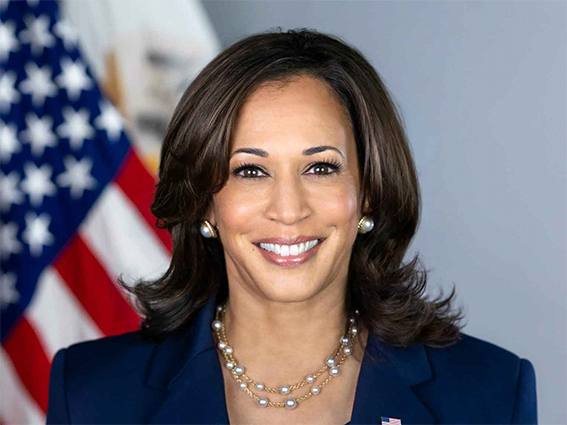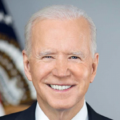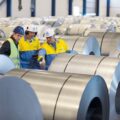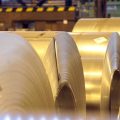Packaging policy does not always appear at the forefront of voters’ interests or even at the top of the agenda in American election campaigns, but, this time around, they have had their place in the presidential debates.
Tariffs were a hallmark of the previous Trump administration, many of which continued in the Biden-Harris administration. Trump has further ambitions to raise tariffs if re-elected. “To me, the most beautiful word in the dictionary is ‘tariff.'” he asserted at an event this month. He is in fact proposing a tariff of up to 20% on everything the U.S. imports and a 60% tariff specifically on products from China.
This year, under President Joe Biden and Vice President Harris, the U.S. Trade Representative increased Section 301 tariffs covering certain steel and aluminum products on imports from China to 25%, up from a high of 7.5%. The Can Manufacturers Institute said that’s not enough; it believes Section 301 tariffs would have to reach at least 200% to mitigate the impact of Chinese imports.
Harris has criticized Trump’s tariff proposals, calling them “a sales tax on the American people.” Harris, for her part, has proposed $100 billion in investments in industry. There is one domestic manufacturing issue on which Trump and Harris agree, and that is that both have opposed the acquisition of U.S. Steel by Japan’s Nippon. U.S. Steel
The National Association of Packaging Manufacturers have not commented on the candidate platforms. In a press release following the Democratic nomination, it praised packages such as the bipartisan infrastructure bill and warned about “a growing list of unbalanced federal regulations and a looming wave of tax increases in 2025 that will significantly and negatively impede manufacturers’ ability to continue to invest, create jobs and increase salarwages.











